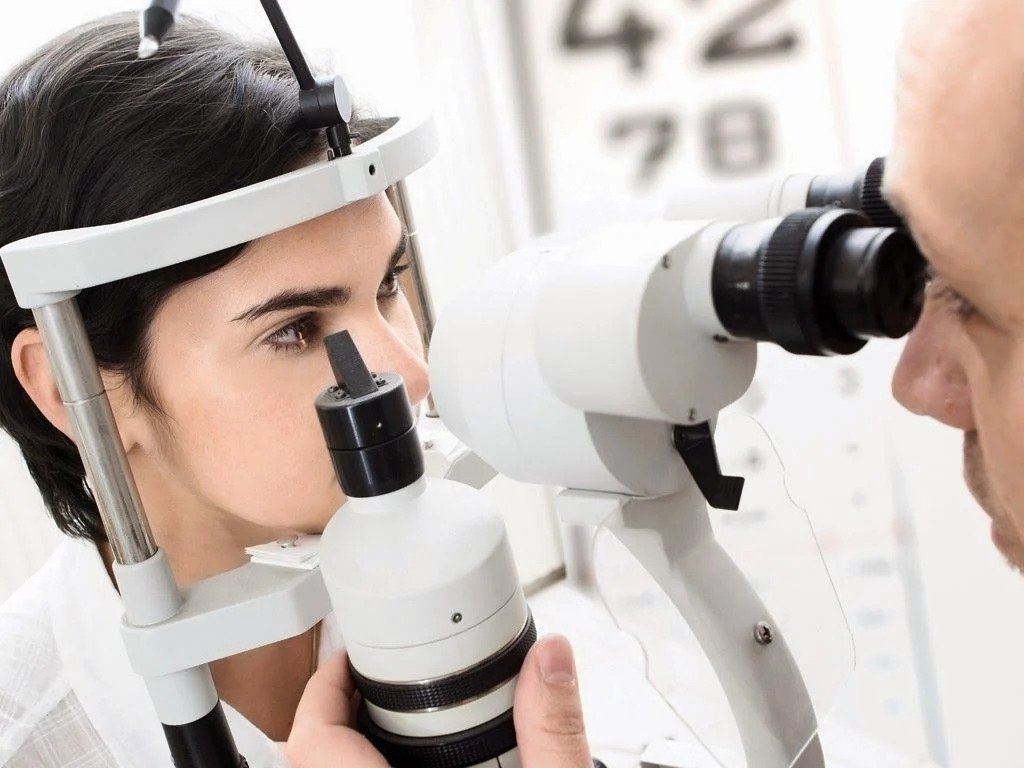
Pterygium
Also known as surfer’s eye, pterygium is a non-cancerous growth of tissue that forms on the white of the eye, and can extend to the cornea. Advanced Laser and Cataract Center Oklahoma offers treatment for patients with pterygium, including eye drops to alleviate symptoms, or even surgical solutions for more severe cases.
UNDERSTANDING PTERYGIUM
A pterygium is an eye condition that commonly affects individuals who spend most of their time outside, especially those who do not wear sunglasses. These benign growths typically begin in the conjunctive tissue at the inside of the eye, and can expand to cover the cornea, potentially limiting vision. Despite the nickname of “surfer’s eye,” a pterygium can affect anyone who spends time outdoors in bright sunlight, especially on the water, which magnifies the sun’s ultraviolet (UV) rays. Common professions for patients with this condition include farming and fishing. Given the most common causes, pterygium usually affects individuals who live near the equator, and affects men twice as much as women.
SIGNS AND SYMPTOMS OF PTERYGIUM
A pterygium is usually white in color, but can contain visible veins. Patients with early-stage pterygia often do not feel symptoms of any kind. However, as the growth progresses, patients often report a burning sensation, feeling as though there is something foreign in the eye, itchy eyes, and a gritty feeling when blinking. Pterygium can become irritated and inflamed, and can cause dry, red eyes that feel and look visibly irritated. When the pterygium grows over the cornea, it can significantly affect vision.
TREATMENT FOR PTERYGIUM
Depending on the size and location of your pterygium, Advanced Laser and Cataract Center Oklahoma may recommend various treatment options. If you think you may have a pterygium, it is important that you schedule an evaluation quickly because pterygia is far easier to treat in earlier stages. Early treatment typically does not involve removing the pterygium unless you are concerned about the cosmetic appearance of your eye. If your pterygium is small, an eye care specialist may prescribe lubricated or steroidal eye drops to alleviate dryness and redness, preventing further growth.
If the condition does not respond to medicated eyedrops, or you are self-conscious because of its appearance, we may recommend surgical removal of the lesion. This treatment can be completed in an outpatient procedure. Call today to schedule an evaluation in Oklahoma City!



